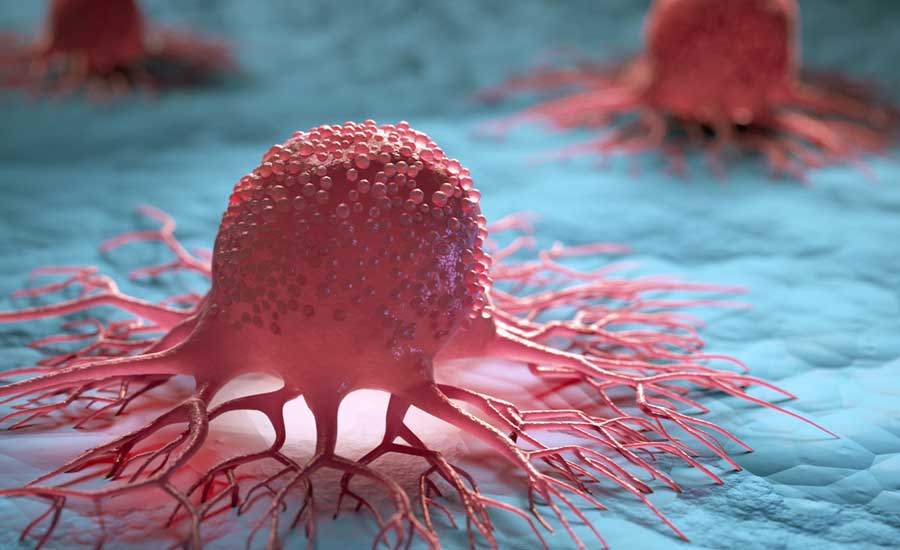Serum very long-chain fatty acid-containing lipids predict response to immune checkpoint inhibitors in urological cancers
For the last decade, checkpoint inhibitors have proven to be potent anti-cancer drugs by targeting key regulators of the immune system. However, identification of those patients that will respond to the treatment is still a bottleneck for the breakthrough of immunotherapy. Prof. Grüllich and his team from the Heidelberg University Hospital in Germany found that lipids containing very long-chain fatty acids (VLCFAs) were predictive of therapy response.
Metabolites were quantified in serum from patients with metastatic renal cell carcinoma or urothelial cancer collected before administration of the first, second, and third checkpoint inhibitor doses. Despite a small and heterogenous patient cohort and the lack of an independent validation cohort, adequate statistical techniques were carefully chosen to avoid overfitting. The best predictive performance was achieved by using patient’s age in combination with six phosphatidylcholines containing VLCFAs. The authors also proposed a mechanistic explanation for this phenomenon with a model in which tumor-infiltrating lymphocytes of responders switch from glycolysis to fatty acid oxidation due to the hypoglycemic and hypoxic conditions of the tumor microenvironment.
This metabolic reprogramming is thought to be induced by peroxisome proliferation-activated receptor α (PPARα) signaling and fueled by the breakdown of VLCFAs in peroxisomes. Eventually, this leads to a restoration of the antitumor effect of the tumor-infiltrating lymphocytes, and checkpoint inhibitors are believed to synergize with this reprogramming. Patients with low levels of VLCFA-containing lipids are, thus, non-responders to immunotherapy, as their tumor-infiltrating lymphocytes are unable to undergo this metabolic switch. Hence, the authors envision that nutritional supplementation with VLCFAs might convert non-responders into responders.
Taken together, this valuable study supports the use of metabolites as biomarkers improving the selection of patients who respond to therapy with immune checkpoint inhibitors. If you would also like to apply targeted metabolomics to find predictive biomarkers in your research, take a look in the technology section or contact us!
Andreas Mock, Stefanie Zschäbitz, Romy Kirsten, Matthias Scheffler, Barbara Wolf, Christel Herold-Mende, Rebecca Kramer, Elena Busch, Maximilian Jenzer, Dirk Jäger, Carsten Grüllich. Serum very long-chain fatty acid-containing lipids predict response to immune checkpoint inhibitors in urological cancers. Cancer Immunology, Immunotherapy, 2019, https://doi.org/10.1007/s00262-019-02428-3



